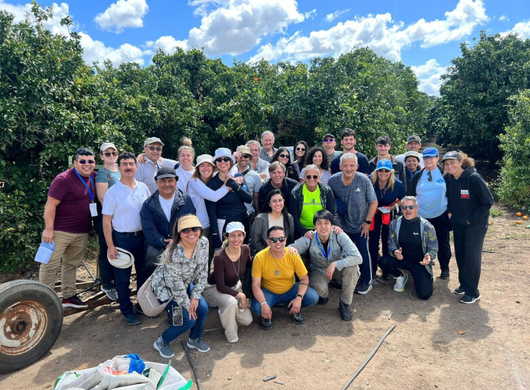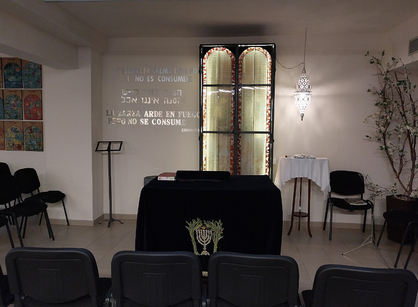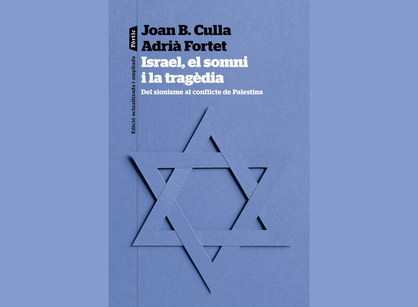Parashat Emor
Leviticus 21-24
In the first sentence of this parashah, different forms of the verb “say” (alef, bet, resh) are repeated three times: God tells Moshe to tell the sons of Aaron, and tell them. Certainly, we know that if we open the Torah at random it is likely that we will find a sentence that begins with something like "And God said to Moshe...", since there are many times that God speaks and Moshe transmits to the people of Israel . But on this occasion, the use of the verb to say seems excessive, although commentators attribute it to the need for the message to be transmitted not only to the priests, but also to their children, that is, to ensure transmission.
Conversely, we rarely read something like “And the people listened attentively.” We don't usually read it because we already do, or at least, we are taught that this is how it should be “when we get up and when we go to bed” as the first paragraph of the Shema says, that is, “listen”. God tells us many things in the Torah through Moshe, but we are the ones who remind ourselves to pay attention when reciting the Shema, when saying “listen, Israel”. There is no worthwhile transmission if we do not listen, if we do not pay attention, no matter how much the verb to say is repeated up to three times, and even if it is Moshe who says it. It is up to us to take some time, pay attention, take a deep breath and remind ourselves “Shema, Israel…”, and only you can understand what you are listening to.



















